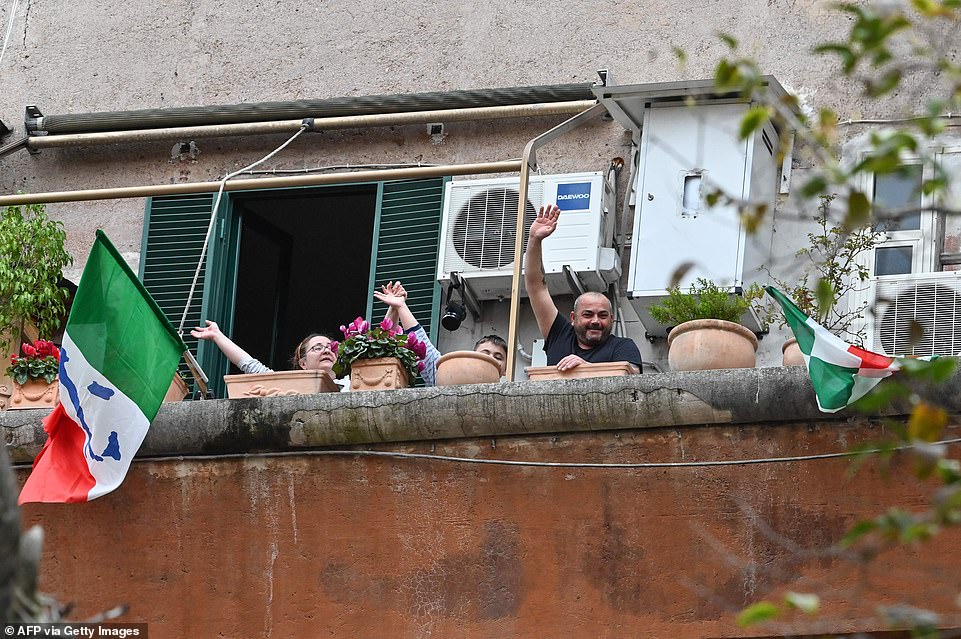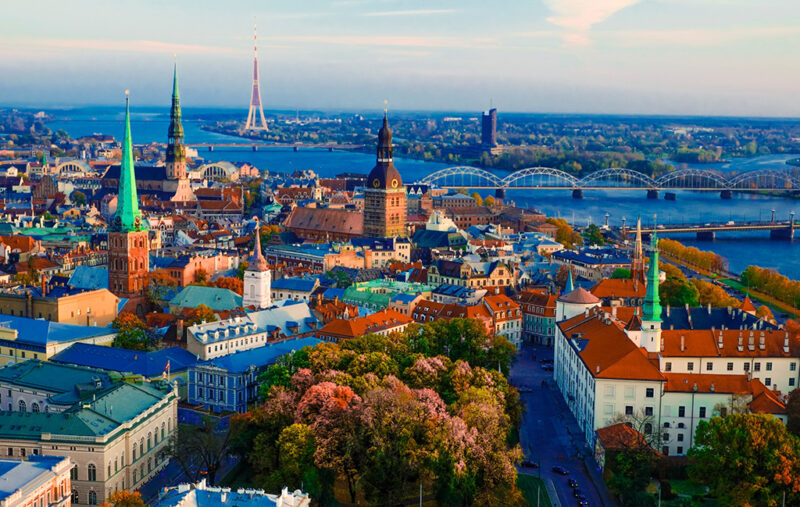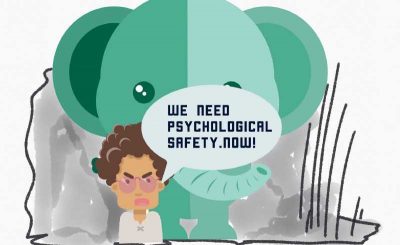Cultural diversity and COVID-19
There has been much confusion and anxiety about the new guidelines regarding social distancing. The decision to remove some of the usual freedoms that the world is used to has affected different geographic regions and cultures in varying ways.
Individuals and societies will react differently to these newly enforced restrictions. A study in 2009 looking for a ‘universal freedom’ found that there was a cross-cultural variance between reactivity toward differing types of threats to freedom.
Those of an individualistic culture were more likely to react to threats towards their individual freedom. While those of collectivist cultures were less reactive to removal of individual freedom. The opposite was found for threats to collective freedom, where a larger resistance was observed in those of collective cultures. The study highlights how people will likely react differently when new changes in normal liberties are applied.
“Research has found that “tight” cultures, such as Singapore, Japan, and China, have strict social norms and punishments for deviance, while “loose” cultures, such as the U.S., Italy, and Brazil, have weaker social norms and are more permissive.”
The above is an excerpt from a noteworthy paper looking at the social and behavioral science of the COVID-19 response. It explores how it may be easier to adopt strict measures for some countries, while the same measures may be met with greater resistance from others. This paper has highlighted how in uniqueness in how cultures react in practice, provides explanations as why there is greater ease of enforcing restrictions in particular regions.
Freedom House lists the freedom grades of all countries, which may help in understanding how each nation is responding in the crisis. This foundation highlights how different other countries operate and what that means for management of such a crisis between nations. For example Australia is a highly individualistic culture and one of the most free countries, which would account for the mixed response to limit social interaction, particularly earlier in March.


As mentioned, different regions are reacting differently. Such as France keeping their bakeries open, Italians singing from their balconies, those who usually meet friends at South Korean coffee shops are now making the famous coffee drink dalgona at home, while Germany’s night life has transformed to their favorite DJ sets at home. This is how humans globally are expressing their character and values.
Much like in Australia, it has been a huge change over the Easter weekend to no longer be able to travel even short distances from home. There has been a large number of families improvising due to the situation and displaying the Australian character, by instead setting up a tent at home.
Similar improvisations are occurring globally to uphold these values during this time. Although there is limits to typical freedoms, people irrespective of cultural values everywhere are expressing their character and freedom, while maintaining social responsibility.
There are many contributing factors as to how the world is coping with such restrictions to their typical freedoms. This virus has shown the world connected, irrespective of whether they are an individualistic or more collective culture. Everyone experiencing similar situations, even with their cultural diversity.

/2794962-what-are-collectivistic-cultures-5ae8d1598023b90036891d34.png)
:max_bytes(150000):strip_icc()/what-are-individualistic-cultures-2795273-5bcdfc01c9e77c0051d808e1.png)



